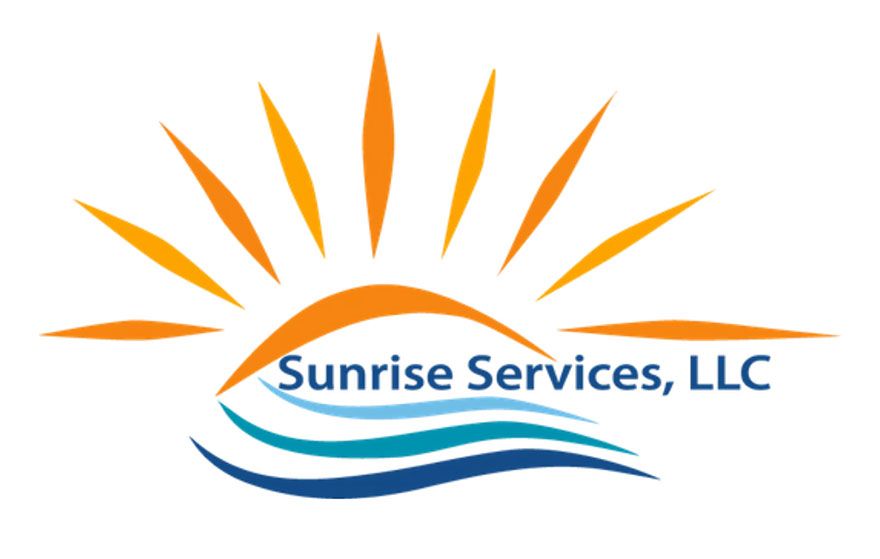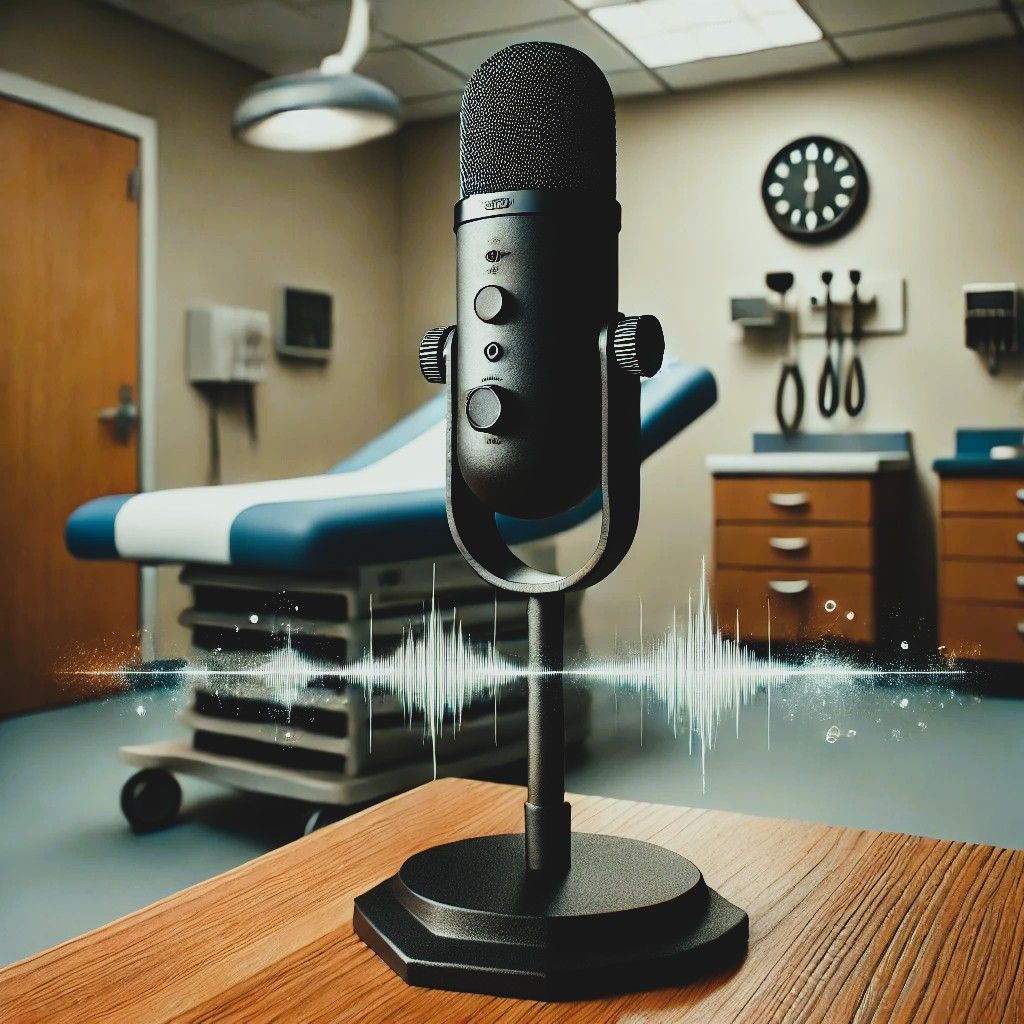Essential Guide to Implementing Chronic Care Management

Running a private medical practice can be challenging. Many physicians are stretched thin, balancing the desire to provide high-quality, personalized care with the financial realities of running a small to medium size business. Most physicians feel the pressure to see more patients just to keep up with rising costs, but that can lead to burnout and decreased patient satisfaction. Fortunately, there’s a way to enhance patient care and generate additional revenue without adding more appointments to an already packed schedule. Chronic Care Management (CCM) offers a sustainable solution—improving patient outcomes while providing much-needed financial relief to private practices.
Understanding Chronic Care Management
CCM is a program initiated by the Centers for Medicare & Medicaid Services (CMS). It is designed to support Medicare patients with multiple chronic conditions. It involves comprehensive care coordination, including regular check-ins, personalized care plans, and 24/7 access to healthcare professionals. For private practices, CCM gives a chance to support patients continuously between visits. This improves health outcomes and increases patient satisfaction.
Financial Benefits of CCM Implementation
Integrating CCM into your practice can lead to significant financial advantages:
Increased Revenue: Medicare reimburses approximately $62 per patient per month for 20 minutes of CCM services. For practices with a substantial number of eligible patients, this can result in a notable revenue increase.
Cost Savings: A study by Mathematica Policy Research found that CCM services reduced total monthly expenditures by $74 per patient. This reduction occurred over an 18-month period. It was primarily due to decreased hospital admissions and emergency department visits.
Profit Margins: Practices have reported net profit margins ranging from 20% to 30% from CCM programs. This highlights its potential as a lucrative addition to traditional practice revenue streams.
Implementing CCM in Your Practice
To successfully integrate CCM, consider the following steps:
- Patient Identification: Identify Medicare eligible patients with two or more chronic conditions who would benefit from CCM services.
- Consent and Enrollment: Obtain patient consent to participate in the CCM program. Ensure they understand the benefits. Discuss any associated costs.
- Care Plan Development: Create a comprehensive, patient-centered care plan that addresses all health issues and coordinates with other healthcare providers.
- Regular Follow-Ups: Conduct monthly check-ins to monitor patient progress, adjust care plans as needed, and provide ongoing support.
- Documentation and Billing: Maintain detailed records of all CCM activities and ensure accurate billing to receive appropriate reimbursement.
Overcoming Implementation Challenges
While the benefits are clear, some practices may face challenges in implementing CCM, such as:
- Resource Allocation: Managing CCM requires time and personnel. However, many practices find that investment leads to increased efficiency and patient satisfaction.
- Patient Engagement: Encouraging patients to participate in CCM can be challenging. Clear communication about the program's benefits can enhance enrollment and engagement.
- Partnering with us to help you with your implementation! We have a streamlined way to track patients registered. We keep track of time spent on each patient each month. This ensures your billing is correct.
Embracing Chronic Care Management allows private physician practices to improve patient care while generating additional revenue without increasing patient load. By investing in CCM, practices can achieve better health outcomes for their patients. They can also ensure financial sustainability in a competitive healthcare environment.
Call us at 502-538-4665 or email sales@sunrize.com to speak to someone from our sales team!






Share On: